Tomato paste itself has many side effects but sometimes we can reduce them to lower amount. Tin is the name of a brand which we have talked before in previous articles on the website.
Actually tin company has produced tomato paste with more health benefits then its side effects. Tomatoes are rich in nutrients and healthy. They are technically a fruit, great as an ingredient in curries, sauces, soups and pasta.
Although tomatoes offer various health benefits, consuming them in excess can lead to some side effects. One of the common causes of tomato side effects is an overdose of lycopene, which can affect otherwise perfectly healthy people.
Lycopene is a dietary carotenoid present in tomatoes and tomato-based products. Several concerns have been evaluated regarding whether lycopene in tomato products may have protective or beneficial effects on health.
One cup of fresh cherry tomatoes has 3,834 micrograms of lycopene, which is a lot. Therefore, it is easy to overdose on lycopene.
As a result, overeating tomatoes can cause adverse health side effects. Lycopene is a natural chemical found in brightly colored fruits and vegetables.
According to recent studies, this chemical is abundant in fruits and vegetables such as tomatoes, watermelon, papaya, red pepper and grapefruit. Lycopene is a carotenoid, a class of phytonutrients that includes the red, yellow, or fat-soluble pigments that give fruits and vegetables their color.
Carotenoids provide many health benefits that help prevent disease. However, of all the vegetables and fruits we eat almost every day, tomatoes and their products have the highest lycopene, which is a problem.
Tomato products such as tomato juice, ketchup, and pizza sauce provide the highest lycopene in a typical diet. Lycopene is useful as a food coloring and is approved for use in the United States, Australia, New Zealand and the European Union.
In addition to dietary sources, lycopene is present in certain supplements or multi-ingredient formulas. Therefore, it is usually part of everyone’s diet.
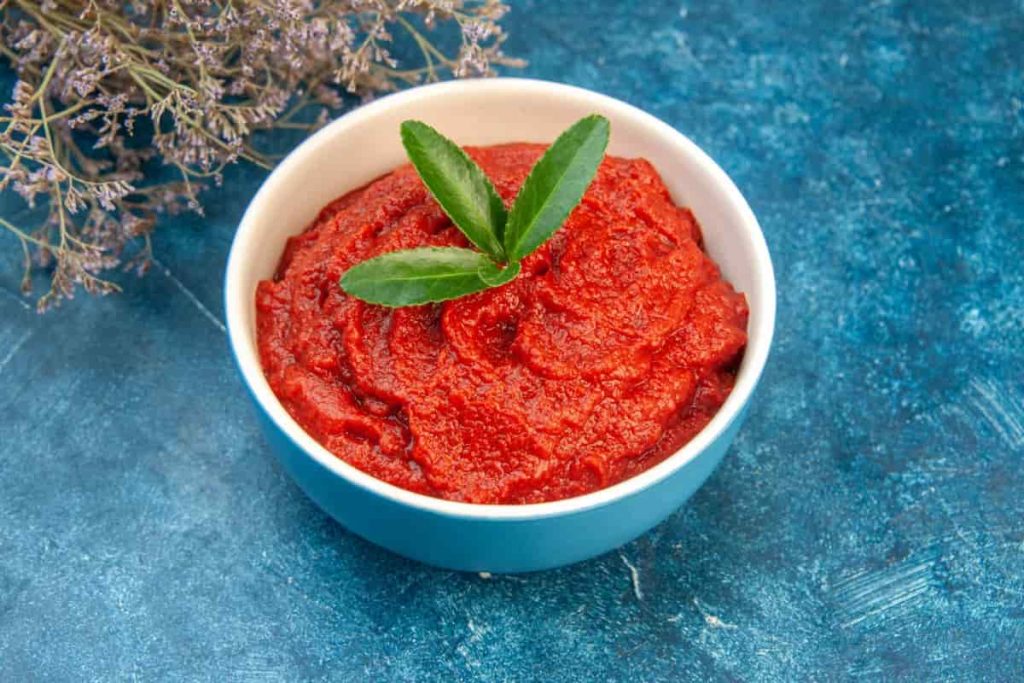
Although it offers many health benefits, excessive consumption or overdose of lycopene can be dangerous. Besides tomatoes and tomato products, which are significant sources of lycopene, other foods rich in lycopene and their lycopene content per 100 grams are:
- Guava: 5.2 mg
- Watermelon: 4.5 mg
- Papaya: 1.8 mg
- Pink grapefruit: 1.1 mg
- Boiled sweet red pepper: 0.5 mg
- Persimmon: 0.159 mg
Some side effects of lycopene overdose can have chronic effects on the body. For example, excessive lycopene due to consumption of tomatoes can cause diarrhea, nausea, stomach cramps, gas and even vomiting. So if you eat a lot of tomato products, try cutting back to see if you notice a difference.
However, in some cases the side effects are due to the acidic nature of the tomatoes rather than lycopene causing stomach irritation.
In addition, tomato-based foods can worsen stomach ulcers. In addition, those taking medications for low blood pressure should not take lycopene, as it may cause lower blood pressure.
Tomatoes contain malic and citric acid, which make your stomach too acidic. Due to the development of various stomach acids in the stomach, eating too many tomatoes can cause heartburn or acid reflux.
Therefore, people with frequent stomach ailments or symptoms of GERD (gastroesophageal reflux disease) should limit their consumption of tomatoes.
Oddly enough, eating too many tomatoes can harm your skin by causing lycopenoderma, a condition in which high levels of lycopene in the blood cause skin discoloration and a dull appearance. According to experts, a daily intake of lycopene of 75 mg is considered safe.
Histamine, a substance found in tomatoes, can cause allergy symptoms such as coughing, sneezing, skin rash and throat irritation shortly after eating. As a result, if you are allergic to it, avoid consumption.
Meanwhile, tomatoes can also cause allergic contact dermatitis. The skin peels and swells just by touching the fruit box if you are allergic. Solanine, an alkaloid found in tomatoes, is responsible for joint swelling and pain.
Tomatoes can also cause joint inflammation, which increases the risk of calcium building up in the tissues. Therefore, reduce your tomato intake if you currently have joint pain. Digestive fluids find it difficult to break down certain chemicals in tomatoes.
As a result, calcium and oxalate can build up in the body, forming kidney stones. It is probably not safe to supplement dietary lycopene during pregnancy.

Tomato Paste Health Benefits
Some women use more tomato paste in their cooking style and they believe that tomato paste has more health benefits than its side effects, believing that lycopene can reduce the risk of preeclampsia.
However, one study concluded that lycopene did not reduce the incidence of preeclampsia in high-risk women. Instead, it leads to an increased risk of premature birth. Unfortunately, there is not enough research on this topic.
However, it is suitable for most pregnant women to avoid lycopene. In addition to dietary intake of lycopene from fruits such as tomatoes, some people also take it as a supplement.
A study shows that the range of lycopene intake from tomatoes varies greatly by population. For example, the average daily intake of lycopene is 4.9 mg/day in the Netherlands and 1.6 mg/day in Spain. However, there is no recommended daily intake of lycopene.
Getting at least 10 milligrams of lycopene per day appears to be beneficial. Some reports suggest that the recommended doses of lycopene are generally between 2 and 30 mg per day for six months.
You can get a day’s worth of lycopene from pink grapefruit, which is about 1 to 2 milligrams per serving. Although the easiest way to get lycopene is through food, you need to make sure you are eating enough lycopene-rich fruits and vegetables to get the benefits.
It offers many advantages. For example, lycopene supports many biological activities. In addition to the food industry, sources of lycopene are used in medicine and cosmetics. Here are some of the general benefits of lycopene.
According to many research experiments, lycopene is a natural antioxidant. Antioxidants help protect your body from the harmful effects of free radicals. It can protect DNA, proteins and lipids. When the levels of free radicals are exceeded, oxidative stress occurs in the body.
Several chronic diseases, including cancer, diabetes, heart disease and Alzheimer’s, are linked to stress. In addition, lycopene can neutralize some reactive components, such as hydrogen peroxide and nitrogen dioxide.
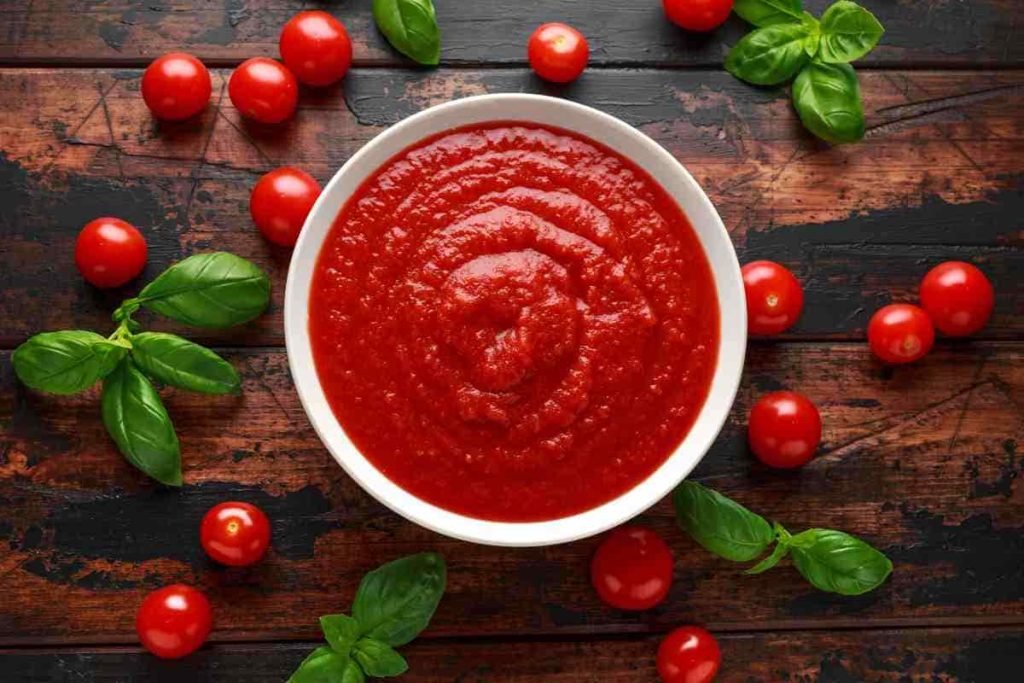
Although recent studies have found links between lycopene and cancer protection, more research is needed on the subject.
Lycopene’s antioxidant profile can help slow cancer growth and increase the body’s production of enzymes that help break down cancer-causing chemicals.
However, the role of lycopene in cancer prevention requires more concrete evidence. But epidemiological research suggests that lycopene protects people from prostate and colorectal cancer.
In addition, by inhibiting the insulin-like growth factor receptor 1 (IGF-1R) pathway, lycopene has been identified as a key molecule in inhibiting breast cancer cell proliferation.
Cardiovascular disease is one of the most common causes of death and morbidity today. According to research published in the National Journal of Biotechnology, lycopene can lower LDL (bad) cholesterol and raise HDL (good) cholesterol levels.
Some experts also believe that more lycopene in the tissues may reduce the risk of heart attack, blocked or clogged arteries, low blood pressure and other cardiovascular diseases. Lycopene also helps reduce inflammation with the help of erythrocytes and macrophages.
In addition to preventing cancer, research shows that dietary carotenoids such as lycopene help protect the skin from sunburn.
It can even offer lifelong protection against harmful UV radiation. You can also improve the collagen health of the skin and prevent some fine lines from forming. Lycopene is beneficial for all skin types, but it is beneficial for sensitive and aging skin.
Tomatoes are also astringent and can help reduce the appearance of large pores. In addition, its antioxidant nature reduces redness and irritation caused by the body’s inflammatory process.
According to some studies, those who ate tomato puree every day had up to 40% less ultraviolet (UV) skin damage from sunlight than those who did not.

Tin Tomato Paste Benefits
Buying tin tomato paste has very much benefits including that it is filled with lycopene. Lycopene can help prevent strokes, especially those caused by blood clots.
Lycopene increases the risk of bleeding due to drug interactions. For example, it may interact with aspirin, blood thinners, ibuprofen, naproxen, and antiplatelet medications. Lycopene can also cause stomach problems, from diarrhea to even as common as vomiting. ”
Too much of anything is bad,” as our elders often say, and tomatoes can be harmful to your health if eaten in excess.
Excessive consumption of tomatoes can cause various health problems, including digestive problems, kidney problems and even body aches. Many people eat lycopene pills, which are widely available around the world.
However, they can lead to health problems. Consult a nutritionist if you want to know how many tomatoes you should eat per day.
It is also important to determine if you have an intolerance to tomatoes or lycopene. In addition, lycopene interacts with many cancer-fighting drugs and the antibiotics ciprofloxacin and olestra.
Therefore, consult your healthcare professional if you are taking these medications. Many studies have concluded that lycopene is safe and valuable in many ways.
However, due to insufficient data and research, one cannot draw conclusions and ignore the possible dangers of an overdose. Therefore, it is wise to contact your respective health care provider to check whether lycopene supplements are suitable or not.
You should also be well aware of the potential dangers and benefits of it. Although supplements have many benefits, you should not ignore the adverse effects.
For example, products containing lycopene are beneficial for skin health, cancer and blood pressure. But excessive consumption is likewise fatal.
Also, if not used properly, it can cause internal side effects. As a result, always seek medical advice before using it. A. It can lead to a condition called lycopenia (discoloration of the skin), or a variety of abnormalities from stomach pain to kidney stones. This is subjective and can change due to many unforeseen reasons.
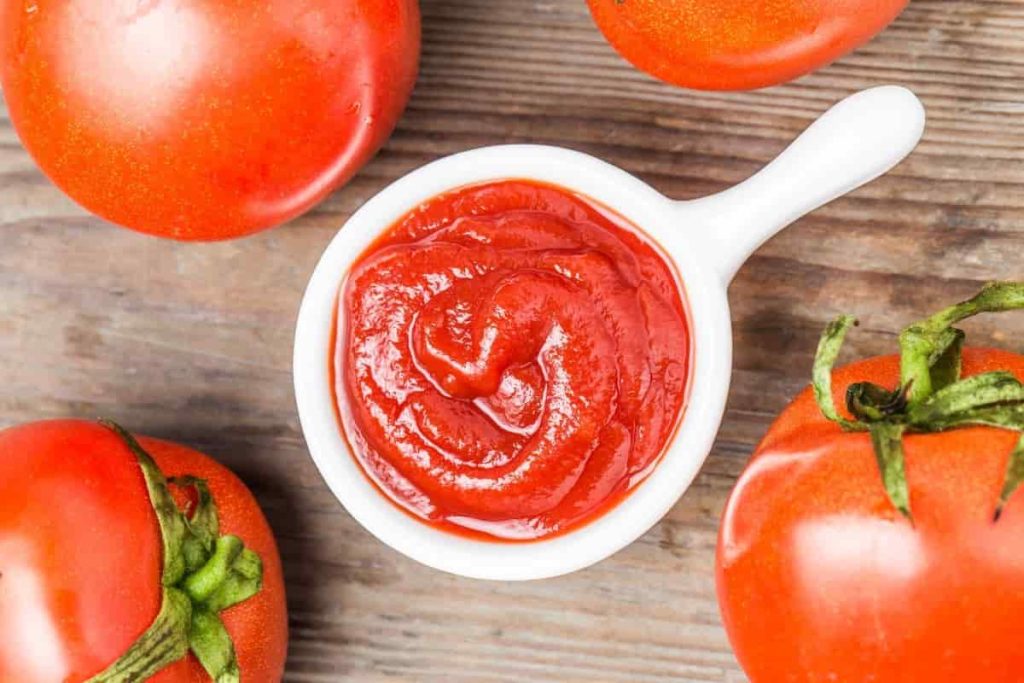
It mainly causes heartburn, allergies, drug interactions and joint pain. A. There are no recommended doses for lycopene, but an average of 8 to 10 mg of lycopene is considered beneficial.
Additionally, to get the health benefits of lycopene, it is helpful to eat at least five servings of deep red or pink fruits and vegetables each day. A. Eating moderate amounts of lycopene is not harmful to the kidneys. Optimal levels of lycopene can reduce oxidative stress and inflammation in the kidneys.
There is no indication that the lycopene caused any toxicity in the kidneys. However, some reports say that tomato oxalates are rich in lycopene, which is responsible for the formation of kidney stones. A. Eating too many tomatoes can increase the amount of lycopene in your system.
Although lycopene is not harmful and is generally safe, excessive consumption can cause skin discoloration, digestive problems, body aches and acid reflux. A. Lycopene is a powerful antioxidant with numerous health benefits, such as sun protection, improved heart health, and reduced risk of certain cancers.
Although it is available as a supplement, lycopene-rich foods such as tomatoes and other red or pink fruits may be the most effective way to get it. Therefore, it is beneficial for the body. A. Lycopene has a chemoprotective effect against prostate cancer. Lycopene inhibits the growth of normal human prostate epithelial cells.
As a result, lycopene shows a preventive and positive role in the prevention of prostate cancer. To prevent prostate cancer, it is helpful to eat 6 mg/day.
A. For sun damage, excessive pigmentation or melasma, lycopene is good for its gentle lightening properties. In addition, lycopene prevents the breakdown of collagen, one of the causes of wrinkles).
Tomatoes boost facial whitening as they contain high levels of antioxidants and vitamin C, a natural whitening agent. A. For some people, consuming 30 mg (or more) of lycopene may cause diarrhea, indigestion and bloating. However, constipation is rare.
Many people take lycopene supplements, which are readily available around the world. However, they can lead to health complications, as proven by several studies.
Regarding the question of the appropriate number of tomatoes you can eat daily, you should consult a nutritionist for an answer. It is also important to know if you have an intolerance to tomatoes or to lycopene in general.
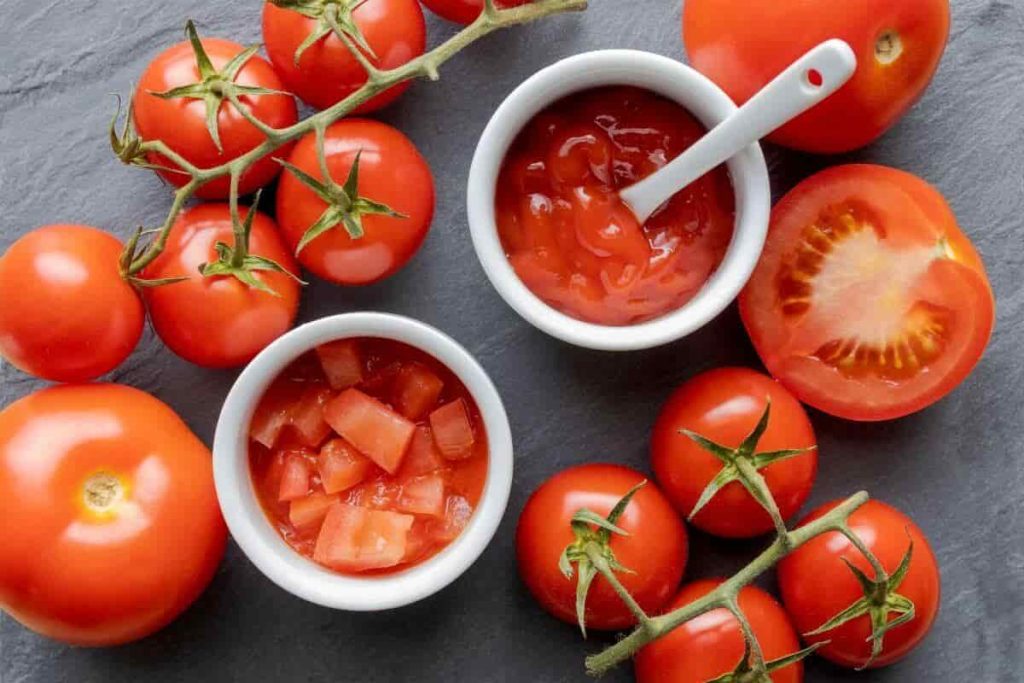
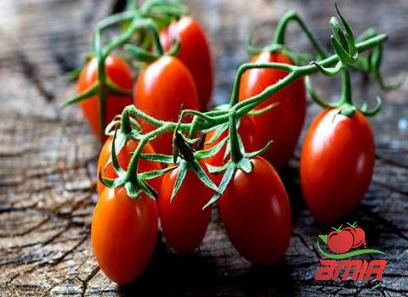
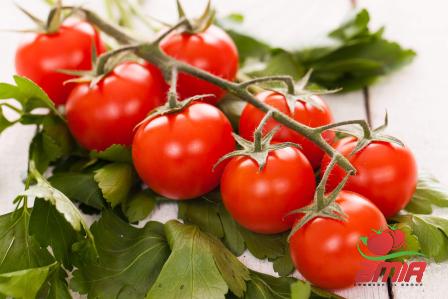

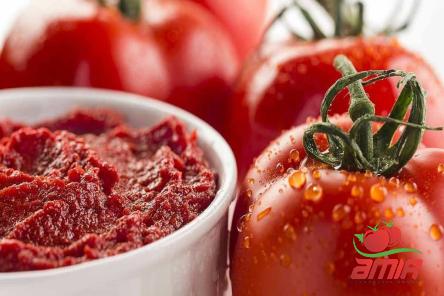
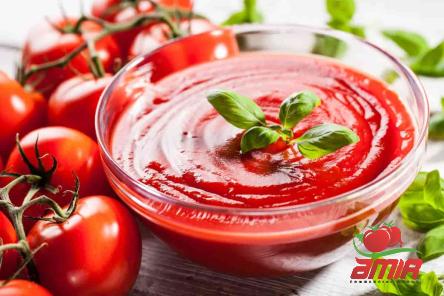

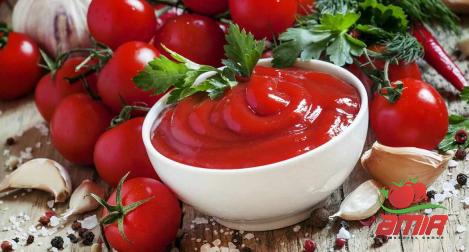



Your comment submitted.